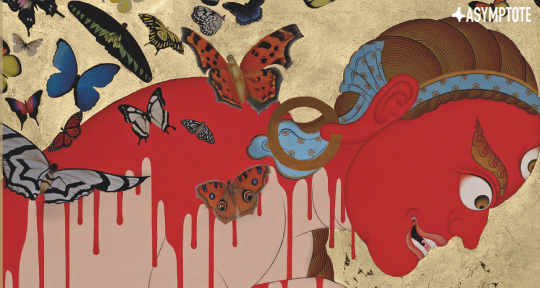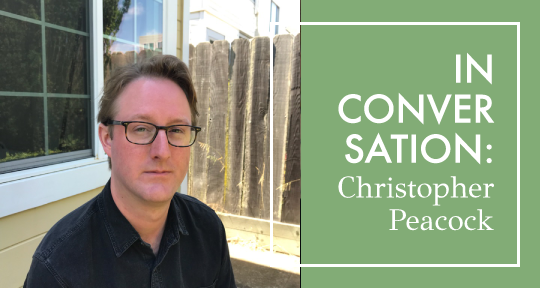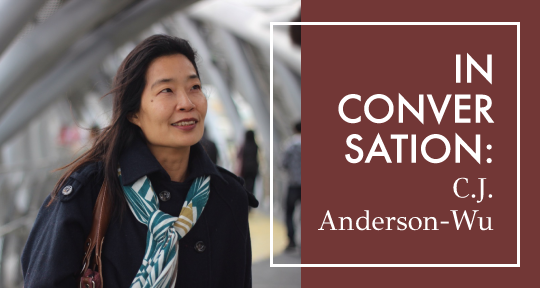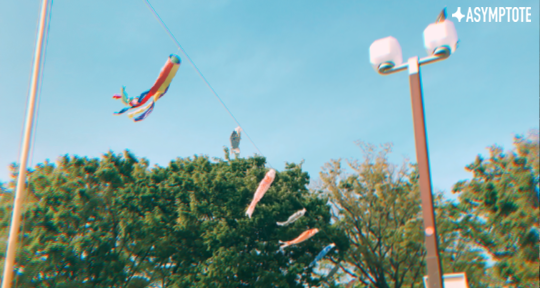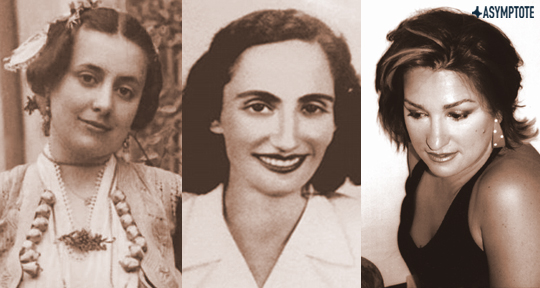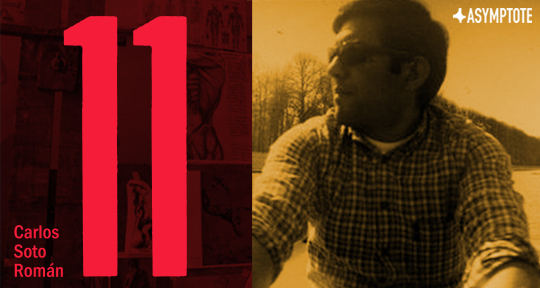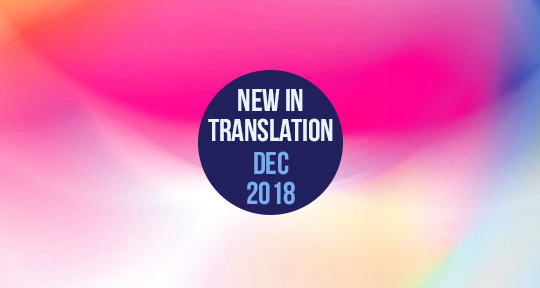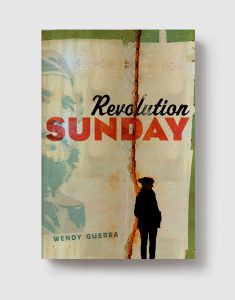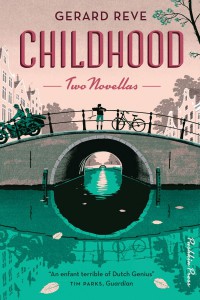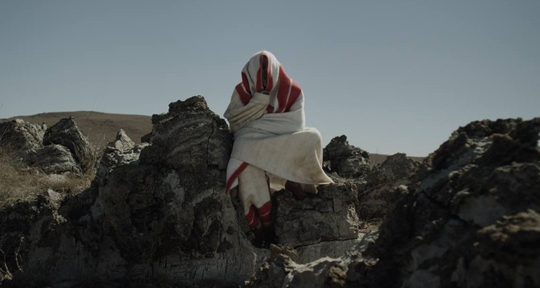For the poets who bear witness, language has been both weapon and shield, but perhaps most importantly, it has always a chance to reach both inward and outward, so that the defiant strength against cruelty may arrive from any direction. The Tibetan poems collected by Bhuchung Dumra Sonam in Burning the Sun’s Braids is a testament to this endless realm of perseverance. In the following essay, Asymptote’s Editor-at-Large for Tibet, Shelly Bhoil, writes about the urgent and moving works in this formidable collection of resistance and courage.
Bhuchung, which means “a little boy” in Tibetan, was ten or eleven years old when he was smuggled out of Tibet for a better life as a refugee in India. During his escape with a group of familiar strangers in the winter of 1983, this little boy, for no particular reason, held on to the visions of black boots from his fantasies, but had no idea that he would never get to see his parents again. Years later, in a moment of existential rage, he tore apart a notebook of poems he had penned during his college years. Lines from one of the earliest poems he recalls having written are telling:
Like a stray dog I cling
to the dry worldly bone . . .
In a blossoming garden of hatred
this little boy
drowns in tears of sorrow . . .
From the torn pages of this notebook were to emerge Bhuchung Dumra Sonam as a prolific poet, essayist, publisher, and translator.

